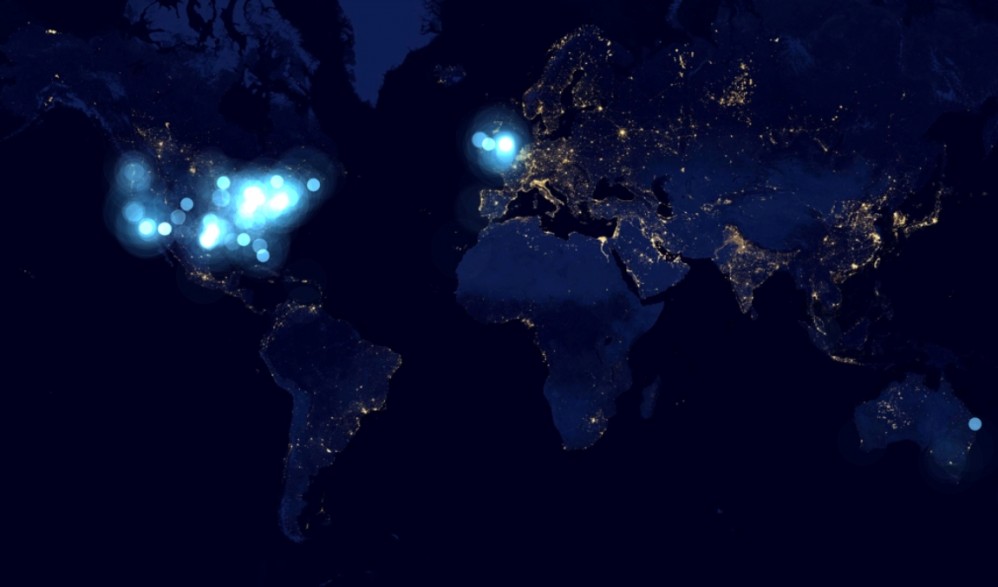In medical anthropology, there is a distinction between illness and disease. While not a perfect theoretical framework, it does point in the right direction imho. While disease is something measurable biological, a pathology...say an infected flesh wound, illness is the feeling of not being healthy. This can be due to a disease, but there can be other cultural factors at play.
If someone is autistic, is that someone really disease ridden, or is he merely ill? There are a lot of autistic people who do not see themselves as being ill nor sick. They do acknowledge that there unique cognitive makeup does have its disadvantages....but also advantages. As a cognitive minority, they do get pathologized, but this is at leas partly due to cultural factors. They may have savant like skills, but often lack in empathy, social skills and are not extrovert. These personality traits are highly valued by our culture, so it makes only "sense" to deem those who do not posess them as ill.
This is also one of the reason why being a virgin is such a problem for men - it is not only a huge stigma it is also seen as some sort of illness. Not because there is some underlying condition causing the sexlessness, but because it is just..well...YUCK!
I do however agree with you, that seeking help is always a good idea if you've got problems. Having to carry a stigma can't be an excuse to start a "xyz rights movement". That isn't just silly but a dangerous form of self-betrayal.
I'm not advocating "xyz rights movements". I think you misinterpreted that part of my post.
I am angry because of the societal dialogue where autism is an "acceptable" condition but others (who once again, almost always have absolutely no control over this) are demonized by society.
My true rage stems from the fact that this societal perception actively functions to compromise the mental healthcare system we do have from the outside-in.
The one thing all of these conditions have in common is that because of some genetic or corporeal factor, the brain is not functioning as it was explicitly designed to.
That's the bottom line in my book.
The fact that we, as a societal whole, make these literal victims of their own pathology feel so ashamed about their condition that
even a single one of them does not seek treatment over this makes my blood boil.
It makes my blood boil a little harder when I am reminded that this dialogue is largely in the hands of our wonderful news networks and there isn't a whole lot we can do from within the realm of medicine to change this - at least not in the current climate.
I'm very familiar with the utilitarian perspective on autism and it only reinforces my point.
If you ("you" being a third person subject, not literally yourself - Kryaa) are skewing your mental perception of another human and their mental condition on the basis of "utility" to society you are no better than the apes we diverged from millions of years ago.
Actually... that's a bit of an insult to those apes.
As stupid as this is going to sound Medical Anthropology/Public Health is my biggest passion in life. I only got involved in SEO/IM/AM so that I can bankroll my Master's without going into debt, and hopefully have enough passive income coming in that I can take advantage of every aspect of my program.
I don't want to open the can of worms that is "true mental disease v. psychological illness". We're teetering close to that cliff and I haven't been sleeping enough this week to go over it :updown:
This is my love though, if you ever want to talk MedAnt or discuss various systems of Public Health, swap articles, etc just PM me. I'm not as on-top of the current literature as I was since I'm focusing on all of these other things at the moment, but my passion hasn't faded one bit.






